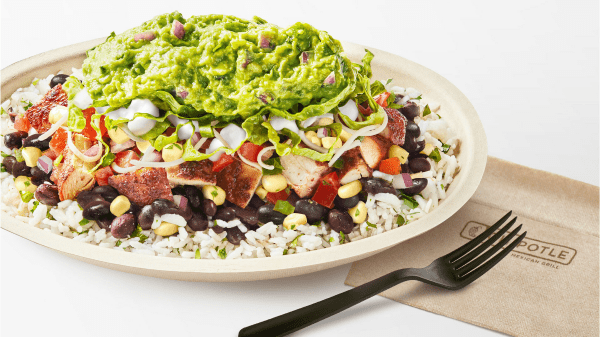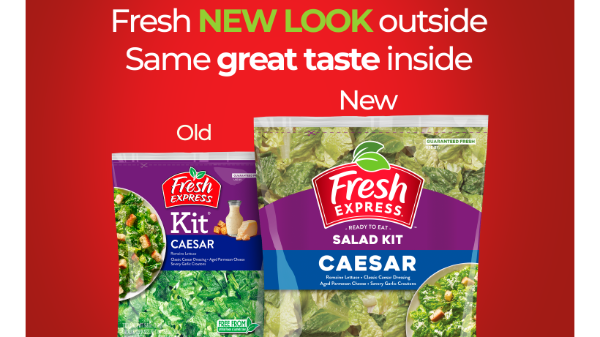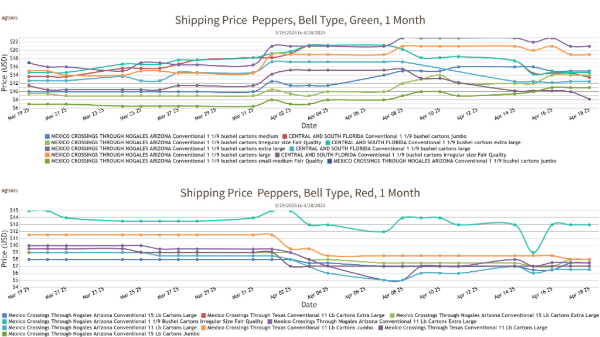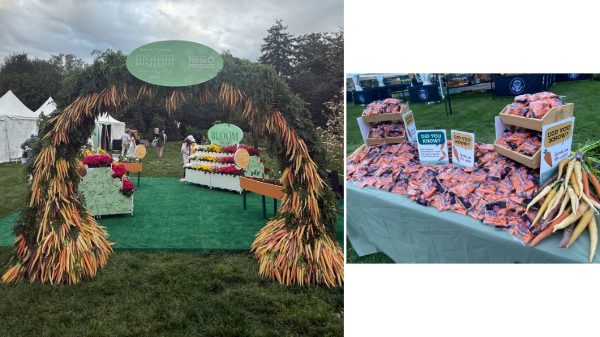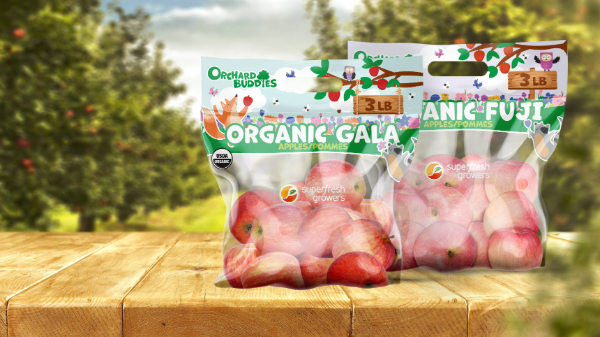Welcome to Blue Book!
Are you ready to join the thousands of companies who rely on Blue Book to drive smarter decisions? View our plans and get started today!
Still have questions? We’d love to show you what Blue Book can do for you. Drop us a line– we’ve been waiting for you.

Fast forward to 2014 and 2015 and wholesalers are a long way from pencil stubs and little spiral notebooks. Many not only have sophisticated warehouse management systems and food safety programs in place, but use a variety of customized apps on their smartphones. Donat says Produce Pro currently has three mobile apps—for checkout, drivers, and food safety—available to its customers. All have the potential to save time and money, crucial to low margin businesses like fresh produce.
Variety is the Spice of Life
Demand for ethnic varieties continues to rise, coinciding with the region’s evolving population. Over the last decade, despite a slight decrease in overall population in the city itself, there has been an increase in minorities. A third of the city’s residents are African American, with Hispanics close behind, and Asians gaining a few percentage points in the last decade. There are also ethnic enclaves throughout Chicago filled with popular markets and eateries, such as Greek Town, Chinatown, Little Italy, Little Seoul, and several Polish ‘Patches’ or neighborhoods.
Rob Strube, president of Chicago’s Strube Celery & Vegetable Company, which has been in business since 1913, says independent grocers have been allotting more space to ethnic fruits and vegetables, while still buying plenty of conventional items. He’s also seen a rise in products from Mexico, such as hot peppers, and in tropicals like pineapple, mangos, and papayas.
Jason Gonzalez, director of logistics and produce sales at J.L. Gonzalez Produce Inc., agrees, noting a steady flow in large quantities of imported Hispanic items, and a growing trend of providing these products to the city’s many mom-and-pop retailers and restaurants.
Quantity & Quality
Mandolini Company, Inc., another longtime wholesaler, has been dealing in fruit—from apples and cherries to citrus and quince—for several decades in the Chicagoland area. Greg Mandolini, president of the family firm, finds Chicago-land’s diversity exciting as the terminal market’s merchants seek out product lines for their customers. “We’re bringing produce to the area that we weren’t seeing in the mainstream ten years earlier.”
Tommy Durante, in sales at Panama Banana Distribution Company, which sells to both retailers and foodservice, agrees. The company, which opened its doors in the early part of the twentieth century, began with just bananas, eventually expanding to tropical fruits, then a broad range of fruits and vegetables.




